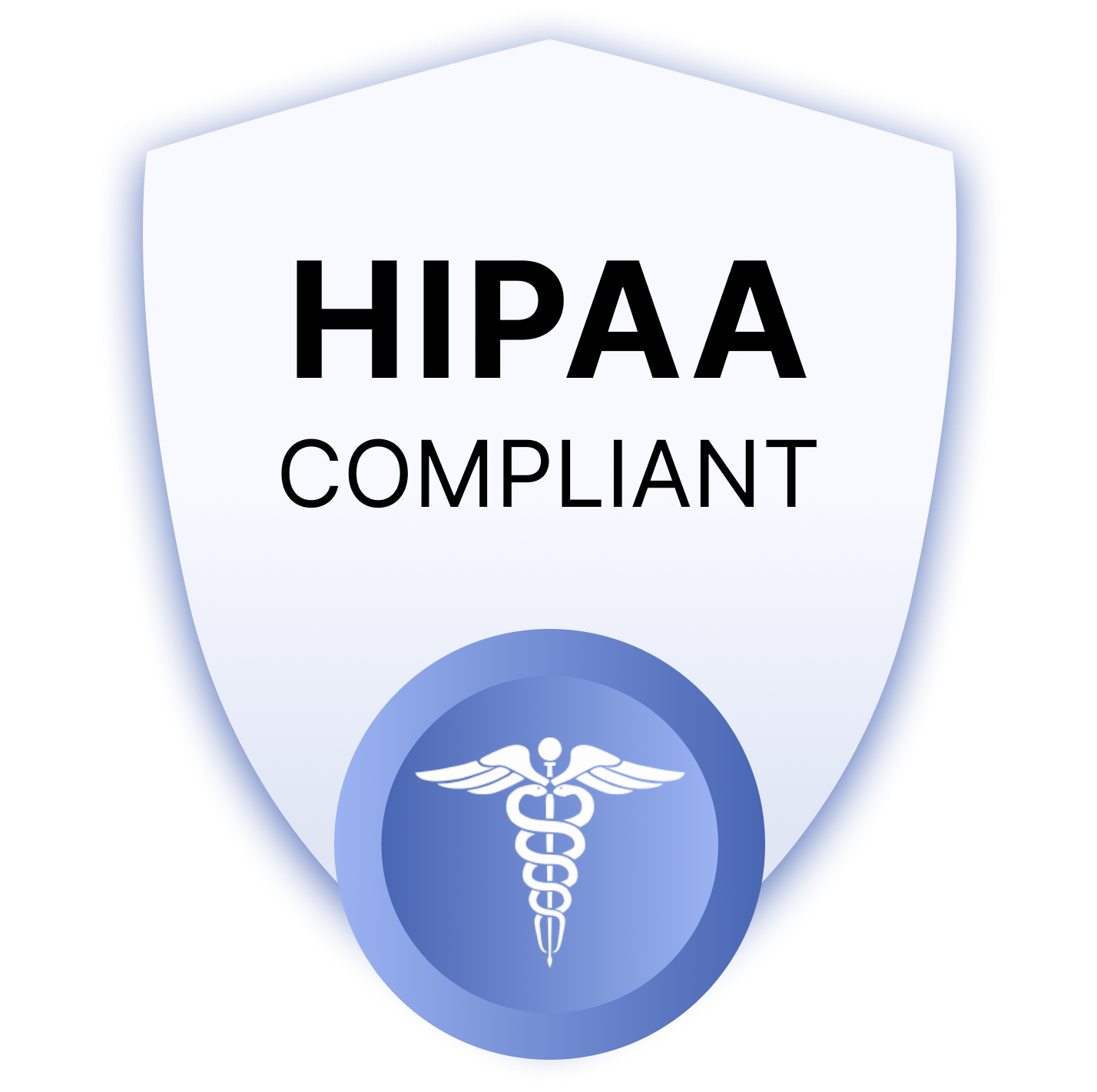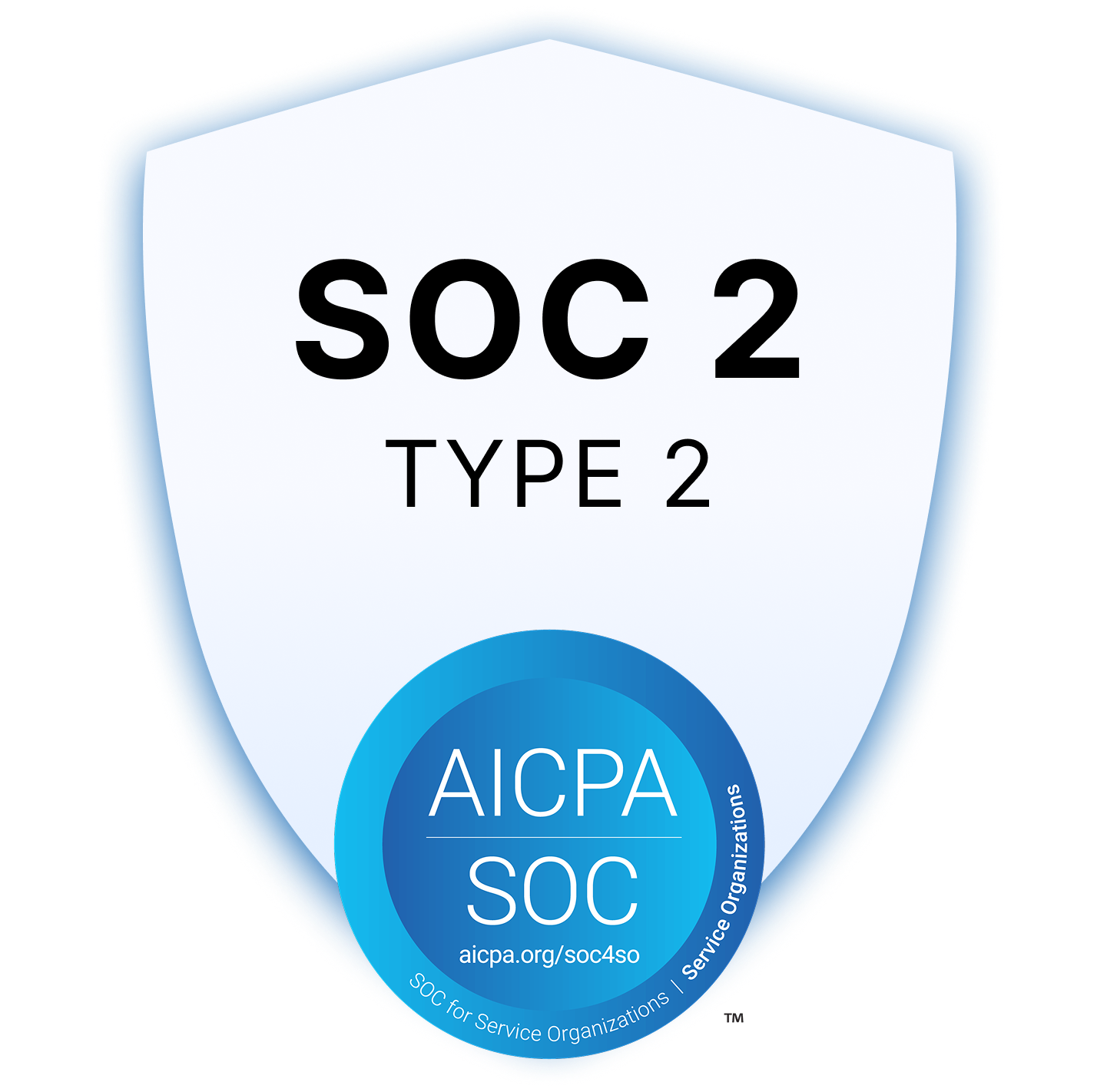
HIPAA Compliance
7 mins
HIPAA for Dental Offices: Full Guide for Dentists (2025 Update)
Summary
Your Competitors Are Embracing AI – Are You Falling Behind?
HIPAA compliance is a fundamental aspect that dental offices must navigate to ensure they are handling patient information responsibly and legally. The Health Insurance Portability and Accountability Act (HIPAA) sets the standard for protecting sensitive patient data and any dental office transmitting health information in electronic form is subject to these regulations.
The dynamic landscape of digital record keeping and patient communication presents a variety of challenges, requiring dental offices to be diligent in implementing and maintaining robust privacy and security measures.
In this article, we will explore the intricacies of HIPAA for dental offices, outlining the requirements for compliance and practical steps for safeguarding patient information.

What Is HIPAA Compliance for Dental Offices and Why Is It Important?
HIPAA, the Health Insurance Portability and Accountability Act, establishes standards for protecting sensitive patient data within the healthcare sector. The application of HIPAA extends to dental offices as they handle personal health information. Compliance is not merely an option—it's a legal requirement designed to safeguard patient privacy and the confidentiality of their health records.
Dental HIPAA Compliance requires offices to implement specific administrative, physical, and technical safeguards. These measures ensure the integrity, confidentiality, and availability of patient information. A breakage in compliance can lead to significant financial penalties and erosion of patient trust.
HIPAA Compliance for dental offices is important due to the following core reasons:
- Protects Patient Privacy: Ensuring that patients' health information is kept confidential.
- Maintains Trust: Builds confidence between the dental office and the patient.
- Legal Obligation: Complying with federal regulations to avoid legal consequences.
Key Entities under consideration include:
- Dental Offices: Must secure Protected Health Information (PHI), which includes any oral or written information related to an individual's health condition.
- Compliance Officer: Dental practices should ideally appoint an officer responsible for overseeing HIPAA compliance within the office.
- Risk Assessments: Regular evaluations should be conducted to identify any potential vulnerabilities.
- Business Associates: Those who have access to patient information through the dental office must also comply with HIPAA regulations.
- Communication: Policies must be in place that dictate how PHI is communicated within the office and to external parties, such as family members or insurance providers.
Compliance with HIPAA in dental offices acts as a foundation of ethical and professional practice, indicating a serious commitment to the handling of PHI. It goes beyond mere legalities to the core of patient-centered care.
Guide to HIPAA in Dentistry: 5 Key HIPAA Requirements for Dentists
HIPAA compliance is essential for all dental practices, ensuring the protection of patient information and the integrity of practice operations. Here, five key HIPAA requirements for dentists are highlighted.
1. Privacy Rule Compliance
Dentists must ensure that patient health information (PHI) is properly safeguarded. This means implementing physical, administrative, and technical safeguards to protect patient records and communications.
- Physical: Secure filing systems and controlled access to facilities.
- Administrative: Policies and training for staff regarding PHI handling.
- Technical: Encryption and secure electronic communication systems.
2. Security Rule Standards
Dental offices are required to establish a set of security measures designed to protect electronic PHI (ePHI).
- Risk Analysis: Conduct regular assessments of practice vulnerabilities.
- Risk Management: Identify and implement security measures to mitigate detected risks.
- Information Systems Activity Review: Monitor systems for unauthorized access or alterations.
3. Transactions and Code Sets
Dentists must utilize standardized electronic transactions for billing and record-keeping.
- Claims Submission: Electronic submission of claims must adhere to HIPAA transaction standards.
- Eligibility Checks: Verify patient insurance coverage electronically using the required codes and formats.
4. Training and Awareness
All dental office staff must receive training on HIPAA regulations and best practices.
- Regular Training: Provide initial training and periodic updates.
- Documentation: Maintain records of employee training on HIPAA compliance.
5. Breach Notification Rule
In the event of a breach involving unsecured PHI, dentists must follow the correct procedures for notifying affected individuals and relevant authorities within the required timeframe.
- Investigation: Promptly investigate any suspected breach.
- Notification: Notify patients and the Department of Health and Human Services as necessary.
Who Is Responsible for Dental Office HIPAA Compliance?
The responsibility for HIPAA compliance in dental offices ultimately rests with covered entities. Covered entities are defined as health plans, health care clearinghouses, and health care providers who electronically transmit any health information.
In practical terms, this includes most dental practices that conduct certain transactions electronically, such as submitting insurance claims.
For Solo Practitioners
The solo practitioner who owns the dental office is directly accountable for ensuring that the office complies with HIPAA regulations.
For Dental Firms
When dentists work within a dental firm, whether as employees, contractors, or volunteers, they must adhere to the HIPAA policies and procedures established by the firm.
The firm itself, through its designated privacy officer, manages and oversees HIPAA compliance.
Dental Offices as Business Associates
If a dental office serves another covered entity, it takes on the role of a business associate and is responsible for maintaining compliance with applicable HIPAA regulations.
Note: Dental offices need to understand the extent of their responsibilities under HIPAA and implement proper safeguards to secure protected health information (PHI). Identifying who is responsible within the organization simplifies compliance efforts and enhances the protection of patient data.
5 Proven Strategies to Ensure Dental HIPAA Compliance in Your Office
1. Appoint a Compliance Officer
Every dental office should designate a HIPAA Compliance Officer. This role is pivotal as they oversee the implementation of HIPAA regulations within the practice. They manage risk assessments, create procedures, and ensure consistent adherence to HIPAA standards.
2. Comprehensive Risk Assessment
Conducting thorough and regular risk assessments is vital. By identifying possible vulnerabilities, a dental office can fortify its defenses against data breaches. It should be an ongoing process to keep up with evolving threats.
3. Regular Staff Training
Continual HIPAA training for the dental office staff is non-negotiable. Training ensures that every staff member understands the compliance requirements and their role in maintaining patient privacy and information security.
4. Robust Policies and Procedures
Dental practices need to document and implement strong policies and procedures that cover all aspects of patient information handling. These guidelines should focus on:
- Technical Safeguards: Secure electronic communications, access control, and data encryption.
- Physical Safeguards: Secure storage of physical records and controlled access to facilities.
- Administrative Safeguards: Clear workflow processes and decision-making protocols.
5. Audit and Review
Establish a schedule for regular audits to ensure that the privacy and security measures are effective and being followed. Audits should review both the physical and technical aspects of the office's operations. Any identified issues must be addressed promptly to mitigate risks.
By focusing on these strategies, dental practices demonstrate their commitment to patient privacy and the integrity of their operations, aligning with the required standards set forth by HIPAA.
Key Takeaways About HIPAA for Dental Offices
HIPAA compliance is a critical aspect for dental offices as these regulations ensure the protection of patient information. Covered Entities under HIPAA include dental offices that transmit any health information in connection with transactions for which the Department of Health and Human Services has adopted standards.
Not all dental practices may meet the criteria to be considered a covered entity; for instance, those that do not transmit health information electronically or only send paper claims may be exempt, provided they don't use a billing service that converts these claims to an electronic format.
FAQs
What Is Considered Confidential Information in the Dental Office?
Confidential information in a dental office includes any part of a patient's medical record or payment history that can be used to identify the patient. This ranges from the patient's Social Security number to their dental treatment history. All such information falls under the protection of HIPAA when the office conducts covered transactions electronically.
Are Dental Records Considered Medical Records?
Dental records are indeed considered medical records and are subject to the same privacy and security regulations as all medical records. They contain health information that is protected under HIPAA's Privacy Rule, requiring dental offices to safeguard them accordingly.
How Long Does a Dental Office Have to Keep Patient Records?
HIPAA mandates that covered dental offices retain patient records for six years from the date of their creation or last use, whichever is later. However, state laws may impose longer retention periods, and dentists should comply with the stricter of the two provisions.
What Types of Dentists May Not Be Covered by HIPAA?
Some dentists may not be covered by HIPAA if they do not conduct certain transactions in electronic form, such as submitting claims to health plans. In that case, they are not considered 'covered entities,' but they must still be cautious with PHI and may be subject to state privacy laws.
What Are the Permissible Uses and Disclosures of PHI for Dentists?
Dentists are permitted to use and disclose PHI without patient authorization for purposes such as treatment, payment, and healthcare operations. For instance, PHI can be used to discuss a patient's dental care with a specialist or to bill an insurance company for a procedure.
What Type of Business Associates Might a Dental Practice Share PHI With?
A dental practice may share PHI with various business associates, including:
- Billing services
- Dental laboratories
- Cloud-based electronic health record providers
- Legal consultants
These associates need to have a signed business associate agreement (BAA) in place, which sets forth ways they must protect PHI.
Here's how to automate everything from intake to billing. Faster care, fewer errors, no developers needed.
Related Articles











